-

IEEE International Conference on Fuzzy Systems
Royal-Continental Hotel
July 9-12, 2017 · Naples, Italy
-

Give Your Comments
-

We would like to thank our Sponsors for FUZZ-IEEE 2017

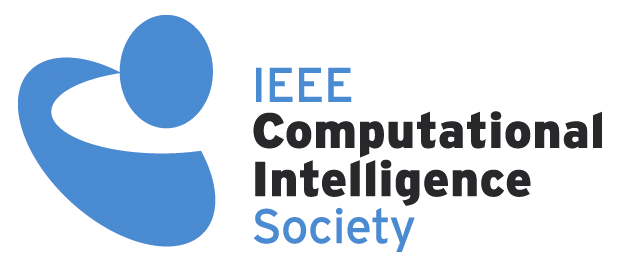
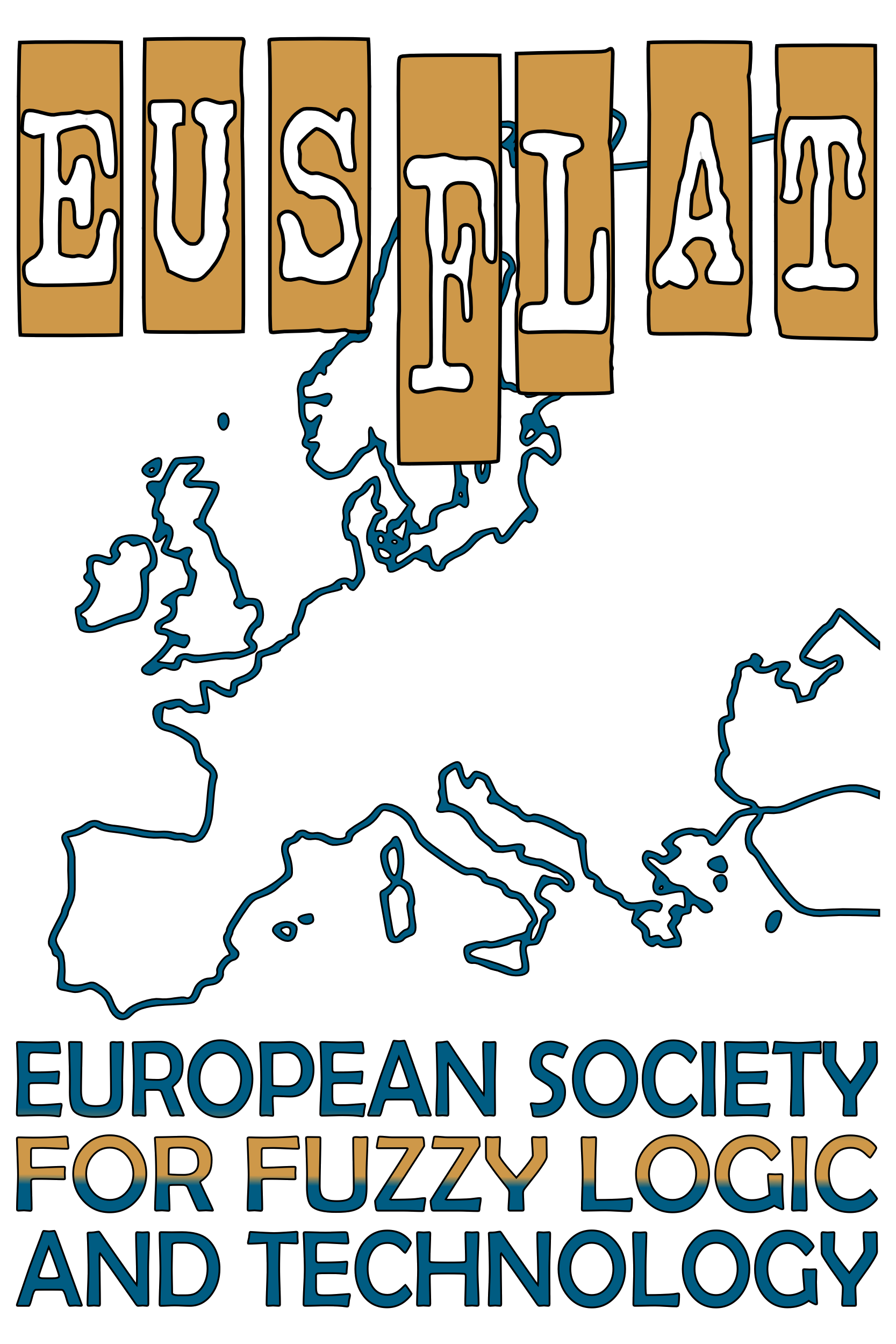


FUZZ-IEEE is the top leading conference
in the area of theory and applications of fuzzy logic.
The conference will include regular oral and poster presentations, tutorials, panels and world-class keynotes.
Welcome
On behalf of the Fuzz-IEEE 2017 Organizing Committee, it is our greatest pleasure to invite you to the 2017 IEEE Conference on Fuzzy Systems which will be held in the magnificent city of Naples, Italy.
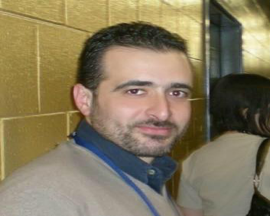
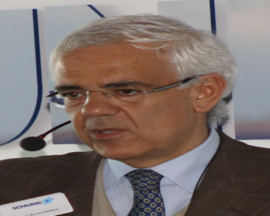
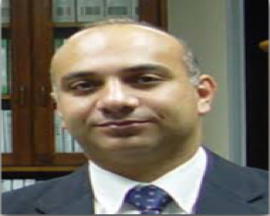

Napoli has the largest historical city center in Europe, listed by UNESCO as a World Heritage Site. In the immediate vicinity of Naples are numerous culturally and historically significant sites, including the Royal Palace of Caserta and the Roman ruins of Pompeii and Herculaneum. Culinarily, Naples is synonymous with pizza, which originated in the city. Neapolitan music has furthermore been highly influential, and it had an important and vibrant role over the centuries not just in the music of Italy, but in the general history of western European musical traditions. Around Naples are located some of the most beautiful seaside towns of the world such as Capri, Ischia, Sorrento and the Amalfi coast.
Naples hosts the University Federico II, founded by emperor of the Holy Roman Empire Frederick II on 5 June 1224, the most ancient state-supported institution of higher education and research in the world.
In 2019 Universiade, the most important multi-sport event organised for university athletes, will be held in Naples .
Conference Topics
FUZZ-IEEE 2017 will represent a unique meeting point for scientists and engineers, both from academia and industry, to interact and discuss the latest enhancements and innovations in the field. The topics of the conference will cover all the aspects of theory and applications of fuzzy logic and its hybridisations with other artificial and computational intelligence techniques. In particular, FUZZ-IEEE 2017 topics include, but are not limited to:
- Mathematical and theoretical foundations of fuzzy sets, fuzzy measures and fuzzy integrals
- Fuzzy control, robotics, sensors, fuzzy hardware and architectures
- Fuzzy data analysis, fuzzy clustering, classification and pattern recognition
- Type-2 fuzzy sets, computing with words and granular computing
- Fuzzy systems with big data and cloud computing, fuzzy analytics and visualization
- Fuzzy systems design and optimization
- Fuzzy decision analysis, multi-criteria decision making and decision support
- Fuzzy logic and its applications in Industrial Engineering
- Fuzzy modelling, identification and fault detection
- Fuzzy information processing, information extraction and fusion
- Fuzzy web engineering, information retrieval, text mining and social network analysis
- Knowledge discovery, learning, reasoning and knowledge representation
- Fuzzy image, speech and signal processing, vision and multimedia data
- Fuzzy databases and information retrieval
- Rough sets, imprecise probabilities, possibilities approaches
- Industrial, financial, and medical applications
- Fuzzy logic applications in civil engineering, geographical information systems
- Fuzzy sets and soft computing in social sciences
- Linguistic summarization, natural language processing
- Computational Intelligence in security systems
- Hardware/Software for fuzzy systems
- Fuzzy Markup Language and standard technologies for fuzzy systems
- Adaptive, hierarchical and hybrid (neuro- and evolutionary-) fuzzy systems
Sponsors
FUZZ-IEEE 2017 is financially sponsored by:
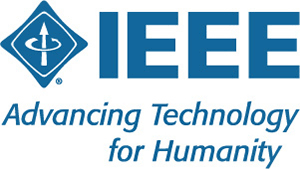

FUZZ-IEEE 2017 is technically sponsored by:

FUZZ-IEEE 2017 Sponsors:





